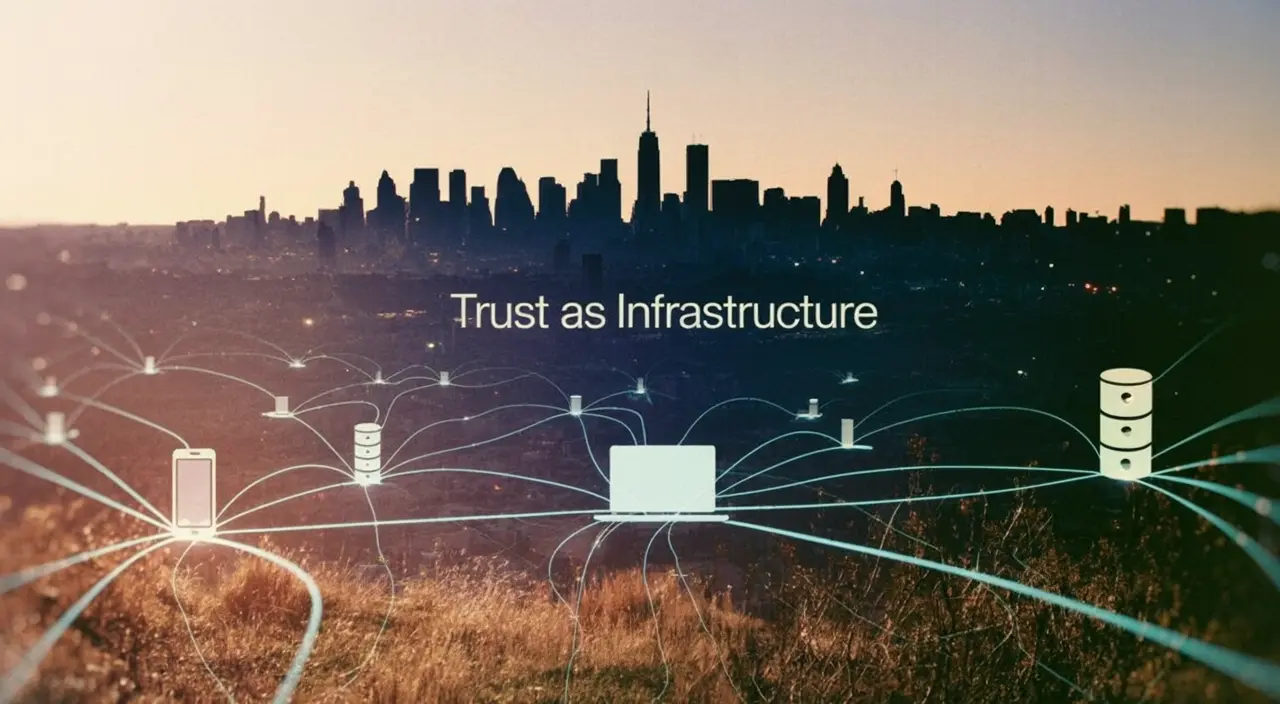When the federal government announced its National Anti-Fraud Strategy and the creation of a Canadian Financial Crimes Agency, most coverage focused on cybercrime, scams, and consumer protection.
But beneath those headlines lies a broader message — one that touches the entire ecosystem of businesses, governments, and communities working toward inclusive, sustainable growth.
Fraud Isn't Just a Financial Issue — It's a Systems Issue
Fraud erodes more than balance sheets; it weakens confidence.
Confidence between partners, in public institutions, and in the networks that power innovation, collaboration, and funding.
Every breach of trust has ripple effects — slowing decision-making, raising risk perceptions, and diverting resources that could otherwise go toward progress.
When trust is fragile, opportunity moves slower.
The Case for Systemic Integrity
The government's new approach — emphasizing prevention, detection, and collaboration across agencies — signals a shift toward systemic integrity.
It's a recognition that resilient systems depend on more than compliance; they rely on shared accountability and transparency at every level.
Across sectors, this means re-examining how we manage information, steward data, and make financial and operational decisions.
Integrity can no longer be reactive. It has to be built in by design — supported by clear processes, technology, and culture that reinforce ethical behaviour from the inside out.
Trust as Infrastructure
At The Funding Compass, we often say that trust is infrastructure.
It's the foundation that connects ideas to investment, policy to practice, and people to possibility.
When organizations invest in clarity and transparency, they don't just reduce risk — they accelerate momentum.
Funders commit faster. Partnerships strengthen. Communities participate more fully. Policy may set the direction, but practice turns intent into trust.
From Compliance to Confidence
The new anti-fraud strategy is a reminder that integrity isn't a checkbox — it's a long-term investment in confidence.
Building systems that protect people, safeguard funds, and promote transparency benefits every sector.
Because sustainable growth isn't just about efficiency or innovation — it's about trust that endures change.
Reflection Question
How might your organization strengthen trust in its systems — not only through compliance, but through culture, communication, and collaboration?


